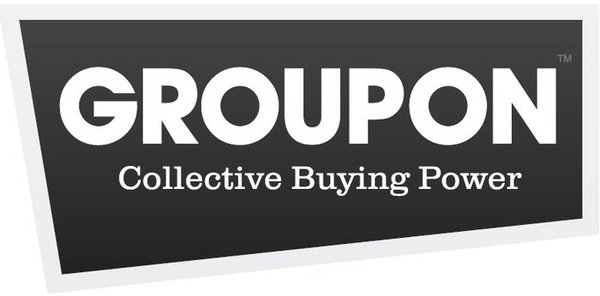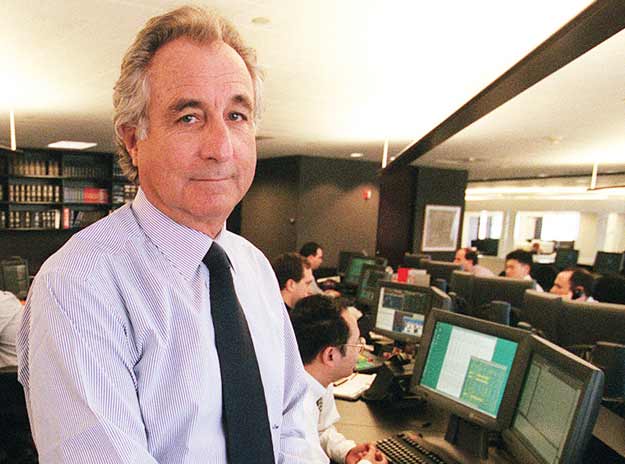There is an opportunity to learn from our mistakes before they can do real damage. That opportunity is Groupon, and the opportunity presents itself in the form of an upcoming IPO that needs to fail for the sake of the rest of the internet.
Sounds weird, I know, but hear me out.
The GrouPonzi Scheme
When Groupon was able to raise a billion dollars in funding, many (including me) applauded it as a sign of a company that was doing the right things with their money and demonstrating responsibility. Granted, it was based upon an assumption that the investors looked at the books and found them to be sound. Why else would they invest so much for a company that hadn’t truly proved itself yet?
Then, as Groupon prepared for its IPO, the financials were released. To call them ugly would be an understatement. Out of the money they received in their funding, only $150 million was able to be used for growth investing. The rest was being used to pay back and buy off previous rounds of funding. In essence and at its most basic form, it’s very much like a Ponzi scheme.
In such a scheme, the initial investors get paid returns on their early investments by the money received by subsequent investments. In a perfectly run scheme, this trend continues until the investors become so enamored with the returns that they simply continue to reinvest the “money” they earn to turn it into more money. There is no real growth happening – it’s all going to the source.
That seems to be the case with Groupon. While their intentions are nowhere near the unethical behavior associated with a true Ponzi scheme, it’s still very similar and a lot of emphasis must be placed on revenue growth moving at a tremendous pace. If it doesn’t everyone loses.
Given that bit of information, here’s why…
They Must Fail
In a world with outrageous valuations on internet companies that do not match the income or even the potential income associated with them at the time of investment, something has to give. Sooner or later, it will, and the longer it takes the more damage will be done.
LinkedIn, for example, showed tremendous returns after its IPO. Things have settled down and the numbers have dropped considerably during the LinkedIn roller coaster, but it is still easily considered a success. If these success continue, problems will creep up.
Companies are supposed to be valued based upon their revenue, often 3-6 times their yearly take. Sites like Facebook and Twitter are the exception because investors are looking at their user base and seeing a huge potential. They are driving up the value of these sites at rates that simply cannot sustain. An argument can be made that Facebook is worth more than $50 billion, but the estimates do not support this.
Until there is a failure of a catastrophic nature, the values will continue to ride the wave of hope. If the failure can happen now with a site like Groupon, the damage will be minimized. If the failure happens after billions are invested into Facebook, Twitter, and the like, then the results could be devastating to more than just the sites and their investors. If this wave of over-optimism continues too long, the damage will be felt by everyone.
This is definitely a bubble whether people are willing to believe it or not. Better to have the bubble burst now than after it gets too much larger.




Is there a service called a reverse “Groupon”? Example: I get a 100 people to purchase a Xbox 360 for a set amount price.There wouldn’t be any time limit as long as I had the 100 people willing to purchase the product. This makes more sense of actually purchase a product or service when I actually need it, not just because the seller wants to sell it.
I run a site that does exactly what you’re describing. We allow groups to choose up to 5 bars/restaurants and receive offers based on their group size. They get deals when they want, not just when the business is posting it. The venues compete against each other to win the group.
Groupon = “O” is not capitalized